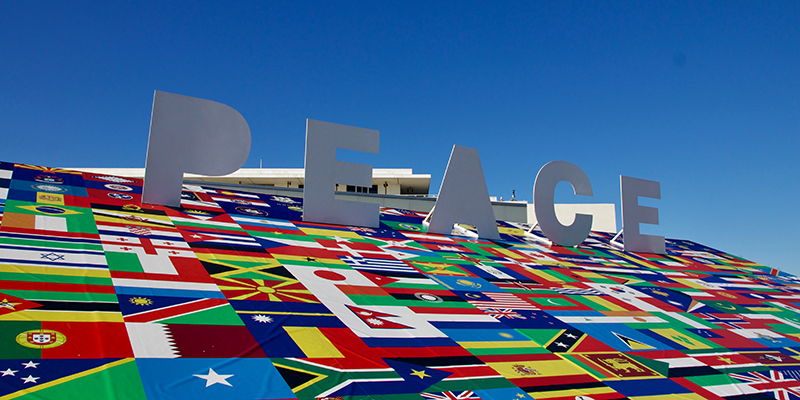GCSP’s Top 8 Publications of 2019

GCSP’s Top 8 Publications of 2019
What topics were you interested in 2019? Catch up on anything you missed at the GCSP.
These are the Top 8 most viewed GCSP publications that the GCSP community engaged with in 2019. Read on and discover forward-thinking solutions and cutting-edge resources in the field of international peace and security.
The Cold War divided Europe and the world in two opposing spheres of influence for four and a half decades. Is there a Cold War legacy that continues to define the international ecosystem?
Professor Nayef Al-Rodhan explores how the study of strategic culture remains important for understanding and addressing conflicts in an interdependent world. Previously, culture had been dismissed or, at best, considered an “explanation of last resort” in international politics.
The Geneva Terrorism Index 2019 is now in its seventh edition, produced by the Institute of Economics and Peace. The report provides a comprehensive summary of the key global trends and patterns in terrorism over the last 50 years. For the first time in many years, Afghanistan has superseded Iraq to top the list.
Countries in the Middle East are increasingly investing in information and communication technologies (ICTs). Social infrastructure, the financial sector, government services, schools and hospitals in the region are now irreversibly dependent on interconnectivity and the internet. At the same time, the role of ICTs has become an integral part of the future of the domestic and international security architecture in the Middle East, emphasising the need for the development of effective cyber security at a regional level.
The concept of violent extremism (VE) has played an increasingly prominent role in policies and development programming on a global level. Having gone through several incarnations, the current focus for most actors deals with preventing and countering violent extremism. This terminology was constructed in an effort to repackage the Global War on Terror (GWOT) in a manner that shifted the focus away from the over-militarised responses of the 1990s and early 2000s to methods linked to social support and prevention.
Written by Dr Christina Schori Liang in 2015, this paper sheds light on the need for the global community to unite as regional order collapses and non-state actors fill the vacuum. The internet frontline needs to be better defended. Censorship and removal of extremist content is ineffective. Government-sponsored counter-narratives and counter-extremism efforts are largely inadequate in suppressing extremist ideology from spreading on and offline.
Since Burundi gained independence in the 1960s, the country’s human rights situation has remained a major concern. The UN Human Rights Office in Burundi, established in 1995, has assisted the government in protecting and promoting human rights, until it closed on 28 February 2019. Read on to discover the insights from former Vice President of Burundi and GCSP Executive-in-Residence with the Global Fellowship Initiative, Dr Gervais Rufyikiri.
This paper, written by Dr Siobhan Martin in 2016, provides an analysis of the relationship between ethics and intelligence in liberal democracies, the challenges posed by the increasingly complex 21st-century security environment, the ethical dilemmas that emerge as a result and the prospects for ethical intelligence-gathering in the future.


